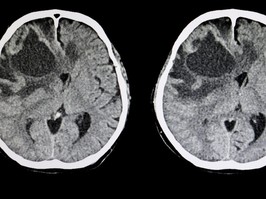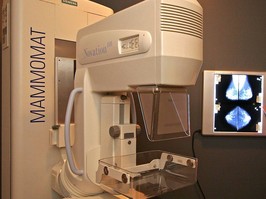breast cancer
breast cancer is a disease in which cells in the breast grow out of control. it is one of the most common cancers among women worldwide, though it can also occur in men. the cancer may begin in different parts of the breast, but most often starts in the ducts that carry milk to the nipple (ductal cancers) or the glands that produce milk (lobular cancers).
symptoms of breast cancer can include a lump in the breast or underarm, changes in the size or shape of the breast, dimpling or irritation of the breast skin, redness or flaky skin in the nipple area, nipple discharge other than breast milk, and pain in any area of the breast.
the exact cause of breast cancer is not fully understood, but factors like age, genetic mutations (such as brca1 and brca2), family history, hormonal factors, and lifestyle choices are known to increase risk.
breast cancer is diagnosed through screenings such as mammograms, clinical breast exams, and breast self-exams. diagnostic tests, including ultrasound, mri, and biopsy, are used to confirm the presence and extent of cancer.
treatment depends on the type and stage of breast cancer and may include surgery (lumpectomy or mastectomy), radiation therapy, chemotherapy, hormone therapy, and targeted therapy. the choice of treatment is influenced by the cancer's characteristics and the patient's overall health and preferences.
advancements in breast cancer research have led to improved screening, diagnosis, and treatment options, significantly increasing survival rates. ongoing research aims to better understand the causes of breast cancer and to develop more personalized and effective treatment strategies.
preventive measures include maintaining a healthy lifestyle, regular screening, and, in some high-risk cases, preventive medications or surgery.























